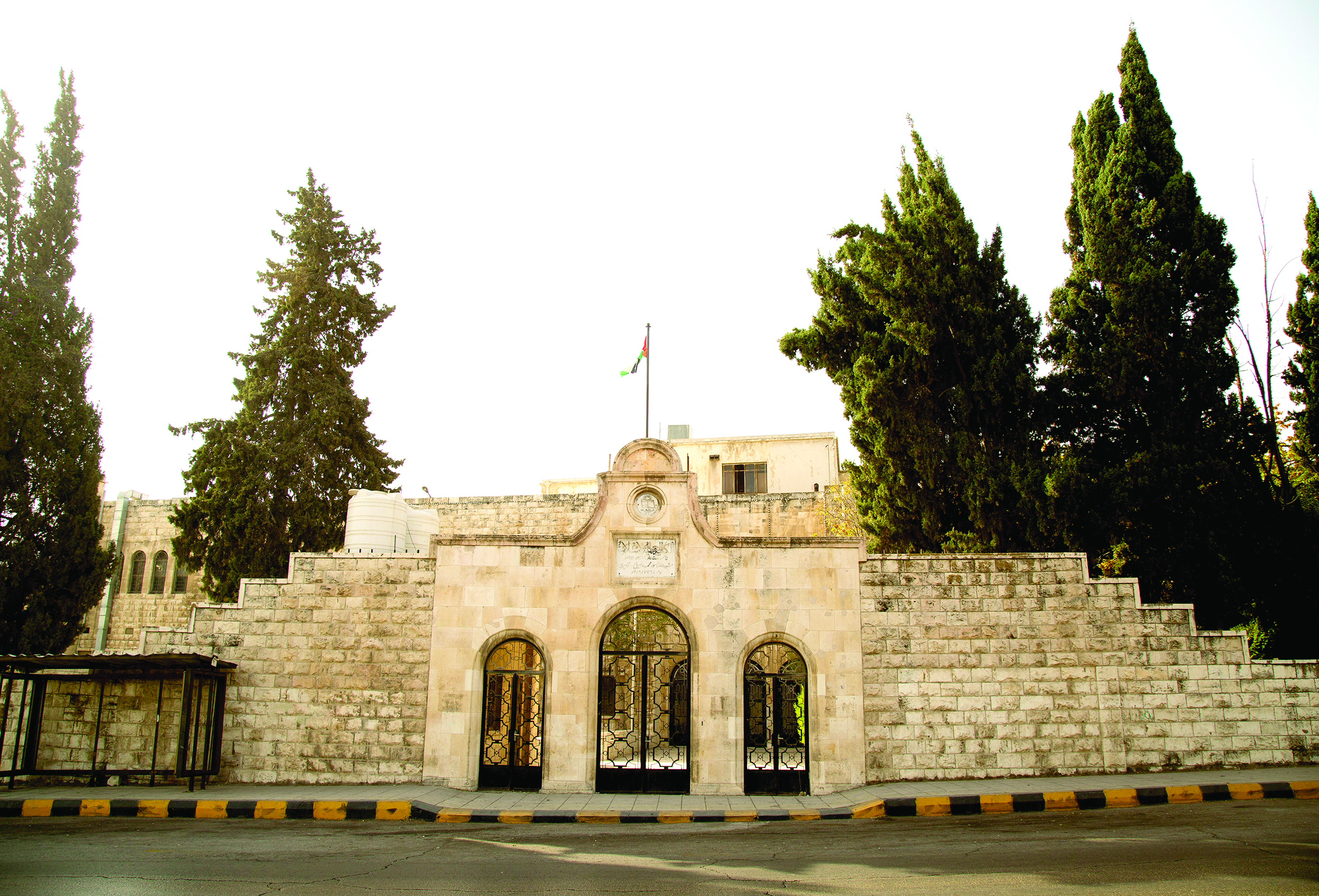National programs
Distinctive and diverse education since 1947

Distinctive and diverse education since 1947

The National Program at IEC Schools prepares students for the Jordanian General Secondary Education Certificate (Tawjihi),following the official curriculum set by the Jordanian Ministry of Education. Instruction is delivered primarily in Arabic, with a strong focus on academic rigor, critical thinking, and national values.
Our teachers implement modern teaching strategies and assessment tools in the classroom. Students are grouped into cooperative learning teams based on their academic levels and are assigned differentiated tasks and activities that reflect their interests and needs. Instruction is personalized according to students' learning styles and intelligences, using data gathered through assessments conducted at the beginning of the academic year.
Our approach emphasizes connecting knowledge to real-life applications, encouraging higher-order thinking through thought-provoking questions, and utilizing visual organizers, concept maps, and rich classroom discussions. This dynamic environment develops students who are analytical, creative, confident communicators, and digitally literate, empowered to use technology in ways that serve both their learning and their communities. This aligns with the core vision and mission of our schools.
IEC Schools adopt the official curriculum issued by the Jordanian Ministry of Education, aiming to equip students with a solid foundation of knowledge and values. The curriculum fosters the development of scientific understanding, critical thinking, and problem-solving skills, while integrating life skills and upholding national identity. To support all learners, we also offer enrichment and remedial materials that help address academic challenges and nurture individual creativity.
To enhance student learning and engagement, we integrate a range of modern educational platforms and supplementary curricula:
After completing Grade 10, students can:
Alternatively, after Grade 9, students may:
This flexible structure empowers students to tailor their educational path according to their academic strengths, personal interests, and future goals, whether they are aiming for university admission in Jordan or abroad, or prefer a more hands-on, skills-based learning journey.